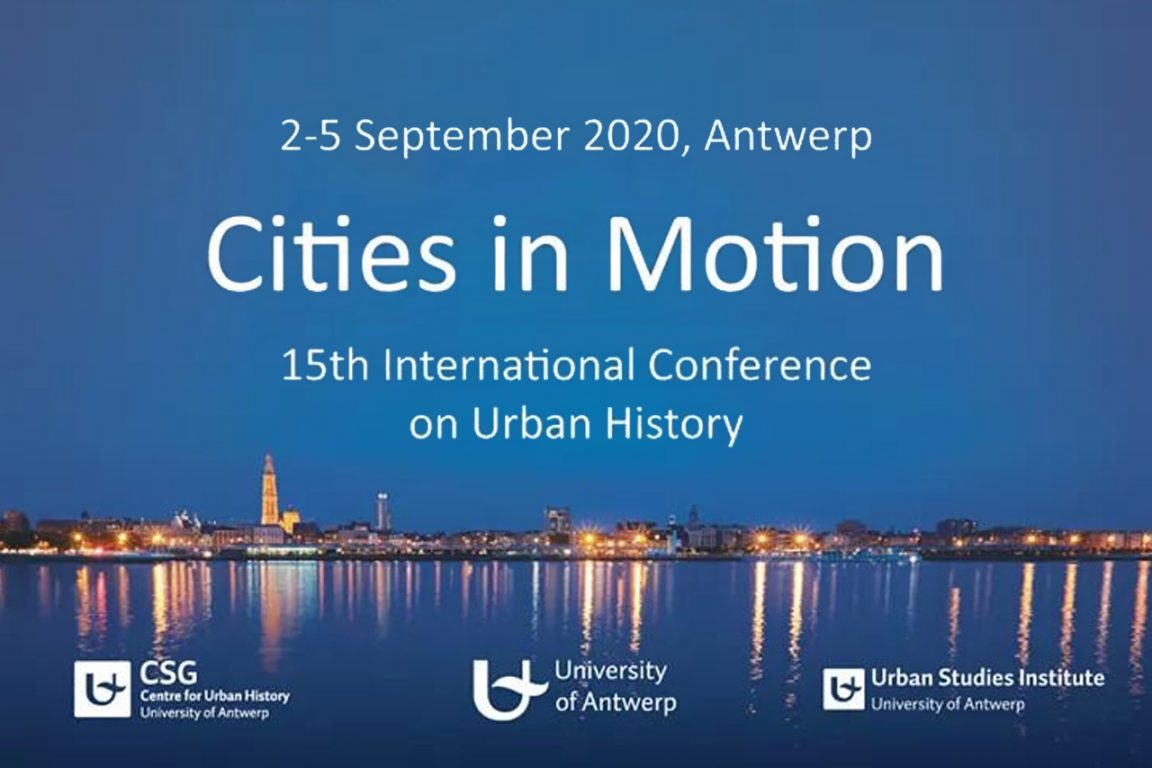EAUH 2020 – Session on “Negotiating Monumentality: Monuments and the Politics of Public Space in Muslim Societies”

About The Event
15th International Conference on Urban History (EAUH 2020)
Call for Papers
Date: September 2-5, 2020
Venue: University of Antwerp, Belgium
Proposal Submission Deadline: October 4, 2019
Spokesperson: Henk de Smaele, University of Antwerp
Co-organizer: Bülent Batuman, Bilkent University
For this session, we invite papers that probe particular cases (from the nineteenth until the twenty-first century) from predominantly Muslim societies in which the role of monuments/ monumentality in triggering colonial/ anti-colonial/ post-colonial politicizations of urban space can be explored.
So-called ‘modernizing’ regimes including that emerged in the Muslim world since the 19th century shared an interest in reshaping public space through urban planning and new forms of monumentality, often breaking with religious traditions and rules (such as the Islamic prohibition against worshipping idols and inanimate objects), and emulating European models. New squares, public buildings, statues and monuments (and the rituals and public gatherings that took place in and around them) contributed to the shaping of novel political concepts and imaginings, such as the unified and secular republic, the homogenous nation, national regeneration and (in)dependence. Modern forms and performances of both political and artistic representation have been marked with tensions arising from the colonial pasts (and postcolonial presents). There are countless examples of monuments dedicated to founding fathers of regimes (such as those in early 20th century Turkey and Iran), destruction of such monuments as political performance (as in Iraq and Syria), the appropriation of monuments (as in the case of Azadi Monument in Tehran during and after the Islamic Revolution in Iran).
More recently, the ascent of different forms of political Islam, but also the rise of new protest movements, have created new tensions and negotiations over the significance of monuments and public spaces. There are cases where negotiations between secular states and Islam(isms) assume forms of open clash (as in the case of contemporary Turkey where republican public monuments have been objects of controversy), hybridizations (as in the case of Putrajaya’s public monuments representing Malaysian national identity via the assimilation of Islamic references into a technologically inspired global brand) or unexpected appropriations (such as the state ideology of Turkmenistan merging the personality cult of Turkmenbashi with a new interpretation of Islam displayed through monuments occupying key public spaces of Ashgabat). Finally, the wave of protests in 2011-13 and their repression were also reflected in the monuments’ emergence as spatial foci of protest as well as objects of destructive violence in response (as in the case of the Pearl Monument in Manama, Bahrain).
Source: www.eauh2020.eu
Location
University of Antwerp


We're always eager to hear from you.
If you’d like to learn more about us or have a general comments and suggestions about the site, email us at